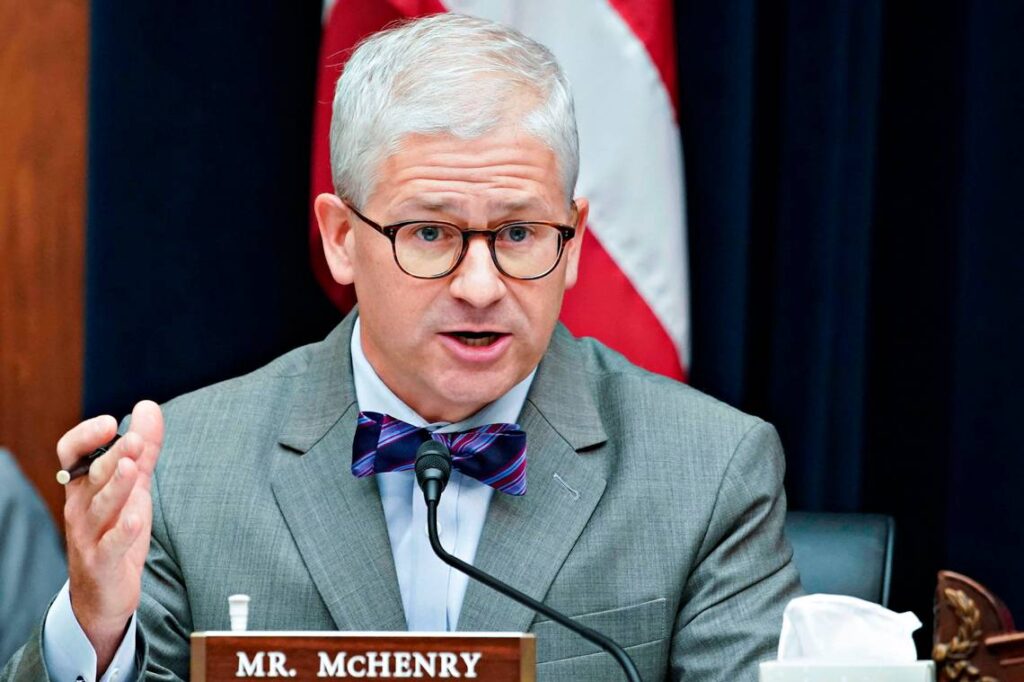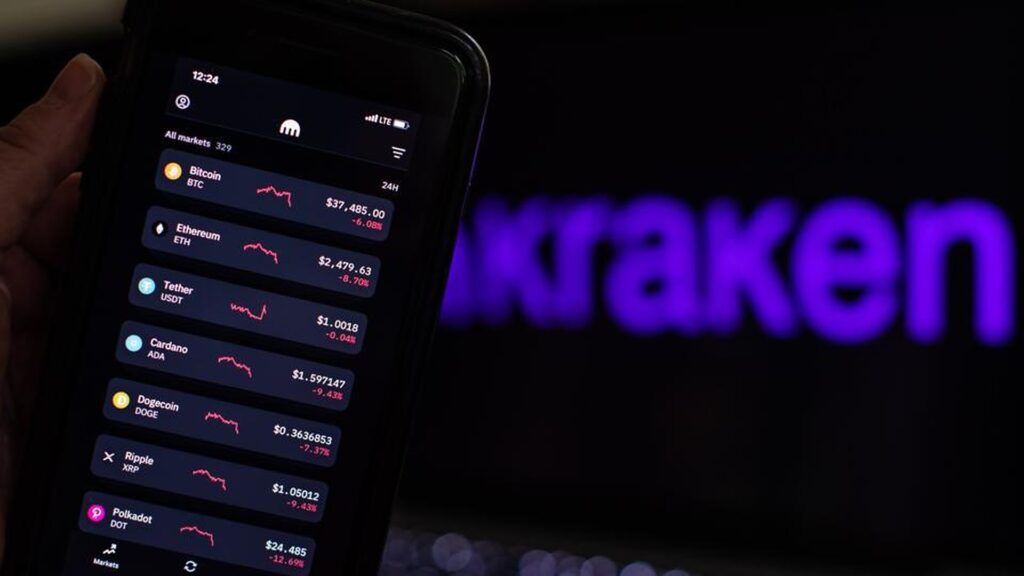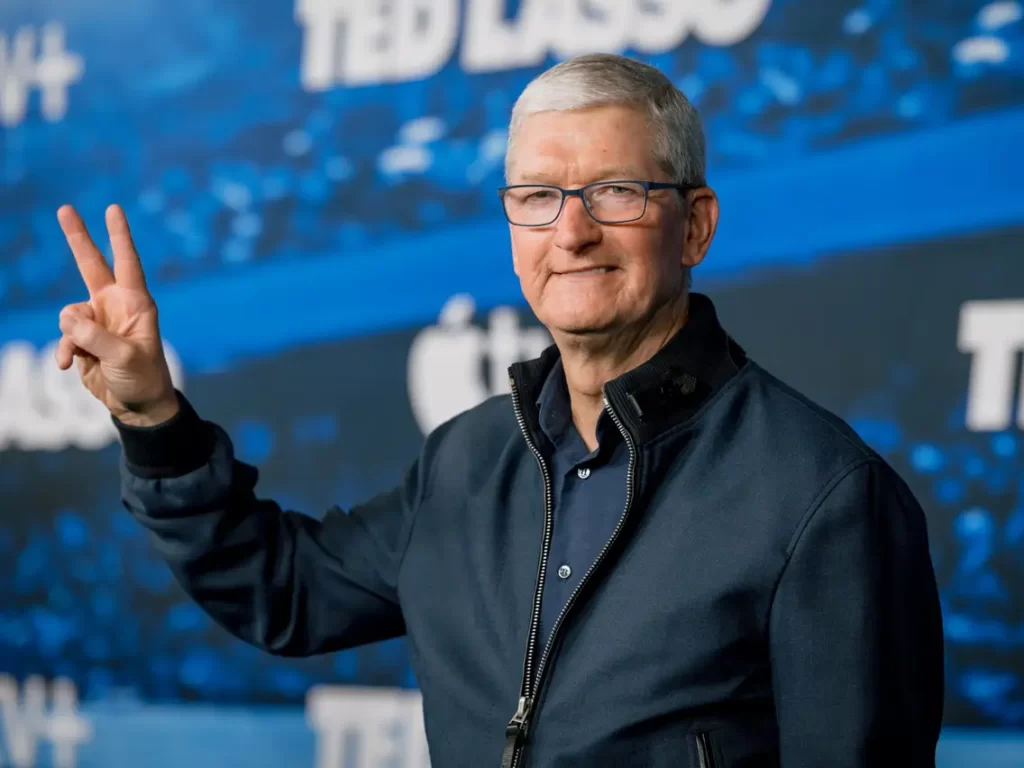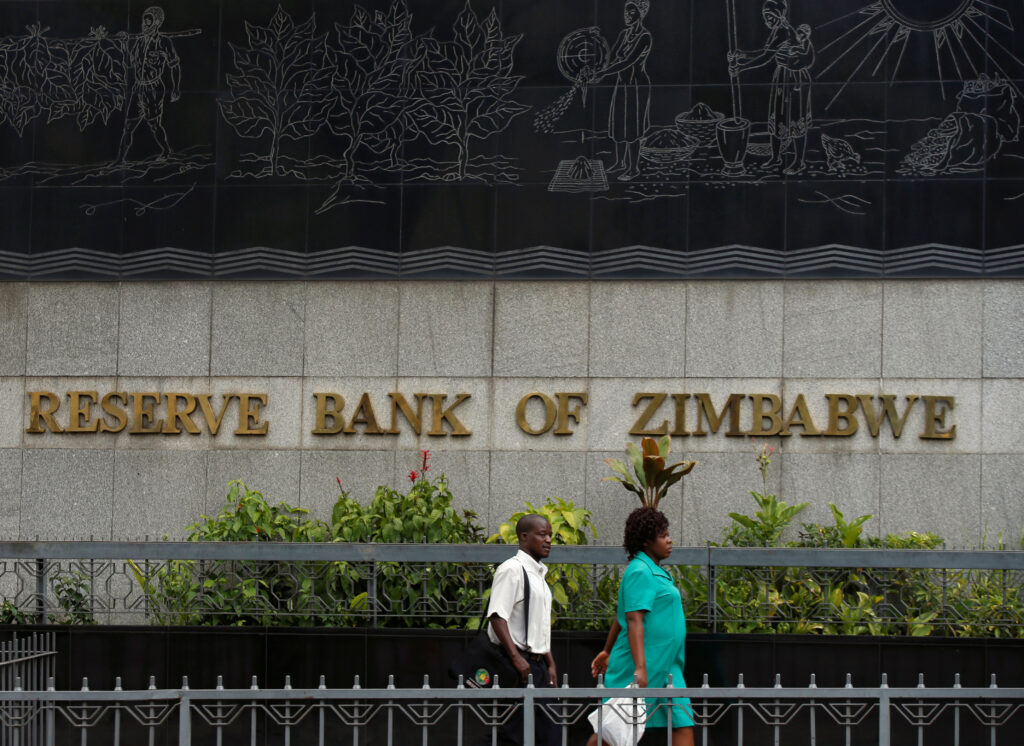As the Federal Open Market Committee (FOMC) meeting approaches, the mood in the market seems to be impacting Bitcoin (BTC) price as it hovers near the $28,000 support level.
The strengthening of the US dollar ahead of the FOMC meeting has put pressure on Bitcoin, with traders keeping a close eye on market movements.
The FOMC meeting, where interest rate decisions are made, has the potential to affect the global economy and impact various financial markets, including cryptocurrencies. Market participants are anticipating the Federal Reserve’s comments on inflation, tapering, and the overall economic outlook, which could influence the value of the US dollar and, in turn, the price of Bitcoin.
At the time of writing, Bitcoin is struggling to maintain its support level at $28,000, with the possibility of dipping even lower if the US dollar continues to strengthen. Although the flagship cryptocurrency has faced multiple challenges in recent months, including regulatory crackdowns and energy consumption concerns, the upcoming FOMC meeting adds another layer of uncertainty for investors.
As a result, traders and investors are advised to remain cautious and stay informed about developments surrounding the FOMC meeting and its potential impact on cryptocurrency markets.
Justin Sun, the founder of TRON and CEO of BitTorrent, has publicly apologized after a disagreement with Binance CEO Changpeng Zhao (CZ) over the Sui Launchpool.
Sun launched Sui Launchpool on his own platform, JUST Foundation, without notifying Binance, a move that was met with disapproval by CZ. The Binance CEO expressed his dissatisfaction with Sun’s actions on Twitter, stating that the TRON founder had used Binance’s resources without permission.
Following the incident, Sun took to social media to issue a heartfelt apology. In his statement, he acknowledged the need to communicate better and to respect the boundaries between different platforms. Sun emphasized his appreciation for Binance’s support and expressed his commitment to maintaining a strong relationship with the exchange.
The Sui Launchpool, which aims to create a decentralized finance (DeFi) ecosystem for users, had previously been promoted on Binance. The unexpected move by Sun to launch the project on his own platform without prior notice led to a temporary interruption in the collaboration between TRON and Binance.
The incident has sparked further discussions about the importance of clear communication and respecting boundaries within the fast-paced and often unpredictable world of blockchain and cryptocurrency.
A JPMorgan executive has recently suggested that the crisis faced by First Republic Bank may not be an isolated incident, pointing towards a potential pattern of similar issues within the banking sector.
This statement comes after First Republic Bank faced significant challenges, prompting further analysis of the industry as a whole.
The JPMorgan executive noted that the problems faced by First Republic Bank might be indicative of larger, systemic issues within the financial sector, particularly among smaller banks.
First Republic’s crisis has sparked discussions on the importance of robust risk management strategies and adherence to regulatory frameworks, particularly in light of emerging technologies and evolving market conditions.
The bank’s difficulties serve as a reminder of the potential consequences of weak governance and inadequate oversight, emphasizing the need for continuous improvement in these areas across the industry.
As financial institutions navigate the complex and rapidly changing financial landscape, the concerns raised by the JPMorgan executive underscore the importance of collaboration between regulators, banks, and other stakeholders to ensure stability and resilience within the sector.
This proactive approach can help prevent further crises and safeguard consumer confidence in the financial system.
US Congressman Patrick McHenry has announced that joint hearings will be held to address the market structure surrounding digital assets. The initiative aims to better understand the evolving world of digital currencies and tokens, and to discuss the potential need for updated regulations.
McHenry, a Republican representative from North Carolina, has been a vocal advocate for the cryptocurrency industry. He has consistently urged regulatory bodies and the US government to adapt existing frameworks to accommodate the fast-paced growth and innovation occurring in the digital asset space.
The joint hearings are a collaboration between the House Financial Services Committee, on which McHenry serves as the ranking Republican, and the House Agriculture Committee. The primary goal is to discuss the regulatory concerns associated with digital assets and to explore potential changes in market structure.
Experts and stakeholders from various sectors, including financial institutions, technology companies, and regulators, will be invited to share their insights and recommendations during the hearings. These discussions are expected to cover topics such as investor protection, market integrity, and the role of digital assets in the global economy.
The hearings will provide an opportunity for lawmakers to gain a deeper understanding of the challenges and opportunities presented by digital assets, and to consider whether existing regulations are sufficient to address the current landscape. The outcome of these discussions may lead to the development of new legislative and regulatory proposals aimed at fostering growth and ensuring the stability of the digital asset industry.
Congressman McHenry’s announcement highlights the growing recognition of the importance of digital assets in the modern financial ecosystem. As the cryptocurrency and blockchain space continues to evolve, lawmakers and regulators must be proactive in addressing the unique challenges and opportunities that these technologies present.
JPMorgan has successfully developed an artificial intelligence (AI) tool designed to analyze speeches and statements made by Federal Reserve (Fed) officials. This innovative technology aims to provide traders with actionable trading signals, helping them make more informed decisions.
The AI tool, named “Fedspeak”, is designed to process the language used in Fed communications, including speeches, minutes, and press conferences. Fedspeak works by examining word choice, tone, and context to discern sentiment and gauge potential monetary policy changes.
This advanced system has been in development for two years and is one of JPMorgan’s latest attempts to leverage AI technology in the world of finance. The bank has invested heavily in AI and machine learning, seeking to revolutionize the way it operates and services its clients.
Fedspeak’s creation was prompted by the often-ambiguous nature of communications from the Fed. These messages are closely scrutinized by market participants, as they can greatly impact investment strategies and decisions. By offering a more objective analysis of Fed statements, Fedspeak aims to provide clearer insights and reduce the potential for misinterpretation.
JPMorgan believes that Fedspeak can help traders better anticipate market movements, as the AI tool can quickly process and analyze vast amounts of data. By providing valuable insights, Fedspeak may also help reduce market volatility and improve overall trading efficiency.
While AI technology continues to play an increasingly significant role in the financial sector, JPMorgan’s Fedspeak is an example of how AI can be applied to specific aspects of the industry, such as monetary policy analysis. As advancements in AI and machine learning continue, it is expected that similar tools will emerge, further transforming the way businesses and traders operate.
Kraken, a leading cryptocurrency exchange, has requested the intervention of a San Francisco court to protect its user data from what it deems to be overreaching demands by the United States Internal Revenue Service (IRS).
The IRS had issued a summons to the crypto exchange in an effort to obtain comprehensive data on its users’ transactions. The tax agency’s goal was to identify US taxpayers who might have failed to report their cryptocurrency holdings and trading activities, as well as any associated tax liabilities.
However, Kraken has taken legal action to contest the summons, arguing that it is overly broad and violates the privacy rights of its users. The company has requested that the court limit the scope of the IRS’s demands, asserting that the summons should only pertain to individuals who are reasonably suspected of tax evasion.
Kraken’s legal team stated that the IRS’s summons would require the exchange to divulge a vast amount of sensitive user data, including full names, addresses, phone numbers, and transaction histories. They argue that such a request is both intrusive and unnecessary, as it would affect users who have complied with tax regulations.
The exchange also highlighted the precedent set by a similar case involving Coinbase, another major cryptocurrency platform. In that instance, the court ruled that the IRS’s demands were too extensive and required the tax agency to narrow the scope of its request.
By taking legal action, Kraken aims to defend the privacy of its users and ensure that the IRS’s demands do not infringe upon their rights. The outcome of this case could have significant implications for the broader cryptocurrency industry, as exchanges grapple with regulatory requirements while striving to maintain user privacy.
In a recent development that has left the crypto community puzzled, tech giant Apple has reportedly removed the Bitcoin white paper from the latest macOS beta version, sparking debates and speculation among enthusiasts. The white paper, authored by the pseudonymous Satoshi Nakamoto, has been a crucial document in understanding the underlying technology and philosophy of Bitcoin, the world’s first and largest cryptocurrency.
The white paper’s removal from the macOS beta came to light when several users reported the issue on social media and discussion forums. Apple has not yet provided any explanation or comment on the matter, leaving the crypto community to speculate about the reasons behind the move.
Some users believe that the removal could be a temporary measure, while others suggest that it may be due to copyright concerns. However, without any official statement from Apple, the real motive behind the decision remains unclear.
Despite Apple’s silence on the matter, the crypto community has reacted with mixed emotions. While some have expressed disappointment and concern, others see the removal as an opportunity for the white paper to gain even more visibility, as the news spreads and sparks curiosity among those previously unfamiliar with the document.
The Bitcoin white paper, titled “Bitcoin: A Peer-to-Peer Electronic Cash System,” was published in 2008 by Satoshi Nakamoto and laid the groundwork for the development and implementation of Bitcoin. The paper has since become a foundational resource for anyone seeking to understand the principles and technology behind the cryptocurrency.
As the crypto community awaits clarification from Apple regarding the removal of the Bitcoin white paper from the latest macOS beta, the incident serves as a reminder of the importance of open access to information and the impact that tech giants can have on shaping the dissemination of knowledge.
South Korean authorities have indicted Do Kwon, the co-founder of Terraform Labs, along with nine other individuals, in connection with a high-profile cryptocurrency investigation. The individuals are facing charges of violating the Act on the Reporting and Use of Specific Financial Transaction Information.
The indictment comes as a result of a joint investigation by the South Korean police, the Financial Services Commission (FSC), and the Financial Intelligence Unit (FIU). The authorities have scrutinized the actions of Terraform Labs, the company behind the Terra blockchain, as well as the other individuals involved.
The investigation focused on allegations of failing to comply with South Korea’s stringent anti-money laundering (AML) regulations. Specifically, the charges involve the accused individuals neglecting to report transactions exceeding 10 million Korean won (approximately $8,400) and not implementing a proper AML system.
The indictment of Do Kwon and the other individuals comes amid growing concerns surrounding the use of cryptocurrencies for illicit activities. South Korean authorities have been cracking down on cryptocurrency exchanges and other businesses involved in the space to ensure compliance with financial regulations and to protect consumers.
Terraform Labs has been a prominent player in the cryptocurrency ecosystem, with its native cryptocurrency, LUNA, achieving a significant market capitalization. The indictment of its co-founder and other individuals may have implications for the company and its reputation within the industry.
As South Korea continues to take a hard stance on cryptocurrency-related businesses, it remains to be seen how this case will unfold and what impact it will have on the nation’s crypto landscape.
Zimbabwe’s central bank, the Reserve Bank of Zimbabwe (RBZ), is reportedly preparing to introduce a gold-backed digital currency. A report from CoinTelegraph reveals that the move is an effort to address the country’s ongoing economic challenges, including hyperinflation and currency instability.
This gold-backed digital currency is designed to offer Zimbabweans a more stable and reliable means of transacting, with the goal of fostering economic growth and stability. The digital currency will be backed by physical gold reserves, which are expected to help maintain the currency’s value and protect it from rapid fluctuations.
John Mangudya, the Governor of the Reserve Bank of Zimbabwe, announced the central bank’s plans during a recent press conference. He explained that the introduction of this digital currency aligns with global trends towards digitalization, and that the gold-backed nature of the currency would help to instill confidence in its stability.
In recent years, Zimbabwe has grappled with a range of economic challenges. The collapse of the Zimbabwean dollar in 2009 led to the adoption of multiple foreign currencies as legal tender. However, the nation has struggled with currency shortages and a growing demand for cash, resulting in the introduction of the bond note in 2016.
Despite these efforts, Zimbabwe continues to face economic difficulties, with many citizens resorting to cryptocurrencies such as Bitcoin as a more reliable store of value. The launch of a gold-backed digital currency could provide a viable alternative, offering citizens a stable, government-backed option for transactions and savings.
It remains to be seen how the gold-backed digital currency will impact Zimbabwe’s economy, but the central bank’s move reflects an increasing global interest in digital currencies and their potential to address economic challenges.
As Bitcoin’s price begins to inch away from recent lows, the market remains cautious, with the cryptocurrency’s weekly chart indicating a potential bearish engulfing. On Monday, Bitcoin rose 2.5% off its lows, hitting the $43,500 mark. While this upward movement has been noted by the market, experts continue to keep a watchful eye on the trend for further signs of recovery or another dip.
The recent decline in Bitcoin’s price was initially prompted by comments from the Federal Reserve’s Jerome Powell, who suggested the possibility of a digital dollar in the future. These remarks led to market uncertainty, as investors grappled with the potential implications for the cryptocurrency market.
As the market continues to navigate this uncertainty, analysts emphasize the importance of monitoring Bitcoin’s price movements. The weekly chart, in particular, is being watched closely for signs of a bearish engulfing, which could indicate a further downward trend. A bearish engulfing is a pattern that occurs when a smaller green candle is followed by a larger red candle, which “engulfs” the entire body of the previous candle. This can often signal a trend reversal, suggesting that a bearish trend is about to begin.
Despite the looming threat of a bearish engulfing pattern, some traders maintain an optimistic outlook on the cryptocurrency’s prospects. Key support levels for Bitcoin are currently hovering around the $42,000 mark, with resistance levels at $45,000. If the cryptocurrency manages to break past the resistance level, the market could potentially regain momentum and begin moving upward once more.
As Bitcoin struggles to recover from its recent downturn, investors are reminded to exercise caution and maintain a well-diversified portfolio in order to mitigate potential risks. Monitoring the market’s reaction to global economic developments, regulatory changes, and technological advancements will be critical in navigating the uncertain landscape of cryptocurrency investments.












